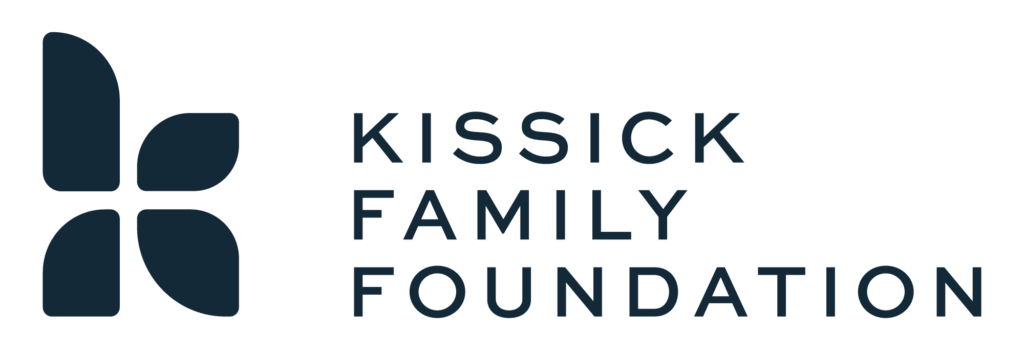
Path-ND is a groundbreaking digital brain banking initiative from The 10,000 Brains Project. Built to digitize thousands of brain tissue cases over two years, it makes ultra high-resolution neuropathology data accessible to researchers worldwide—unlocking insights into Alzheimer’s, Parkinson’s, FTD, ALS, and more.
What Is Path-ND?
Path-ND is a next-generation platform designed to digitize, centralize and democratize access to the largest compilation of whole image slides of human brain tissue for research into neurodegenerative diseases. Hosted on the secure, cloud-based Verily Workbench, Path-ND enables scientists to analyze digitized pathology slides with advanced tools, including artificial intelligence (AI).
The platform’s scope and scale are designed to move beyond siloed disease categories—enabling researchers to identify cross-disease patterns, uncover previously unrecognized subtypes, and rethink how neurodegenerative diseases are defined and treated.
Why It Matters?
Neuropathology is the gold standard for confirming disease status across neurodegenerative diseases. Yet despite its critical importance, most brain tissue samples remain stored on glass slides in drawers—unavailable for computational analyses. This leaves researchers to rely on genomics, imaging, or blood-based biomarkers without tightly correlating them to cellular-level pathology. These limitations have slowed our understanding of the biological complexity behind these disorders.
Path-ND will change this by:
• Providing ultra high-resolution digital brain images.
• Supporting large-scale, AI-ready analyses.
• Enabling cross-disease comparisons to identify shared mechanisms and new disease subtypes.
Just as tumor biopsies transformed cancer research, digitized neuropathology can unlock a new era of precision brain health.
Core Features
Interoperable by Design
Built on the Verily Workbench, Path-ND is fully compatible with other biomedical research platforms, supporting a connected ecosystem.
Multi-Disease Focus
Enables comparisons across Alzheimer’s, Parkinson’s, FTD, ALS, and more—revealing shared biology and distinct subtypes.
Ultra High-Resolution Imaging
Digitizes tissue slides in formats optimized for computational analyses, such as machine learning.
AI-Ready Data
Structured for use in modern data science workflows to power early discovery and model development.
Open Access for Researchers
Available globally to qualified institutions, democratizing access to critical research data.
Partners
Contact us



